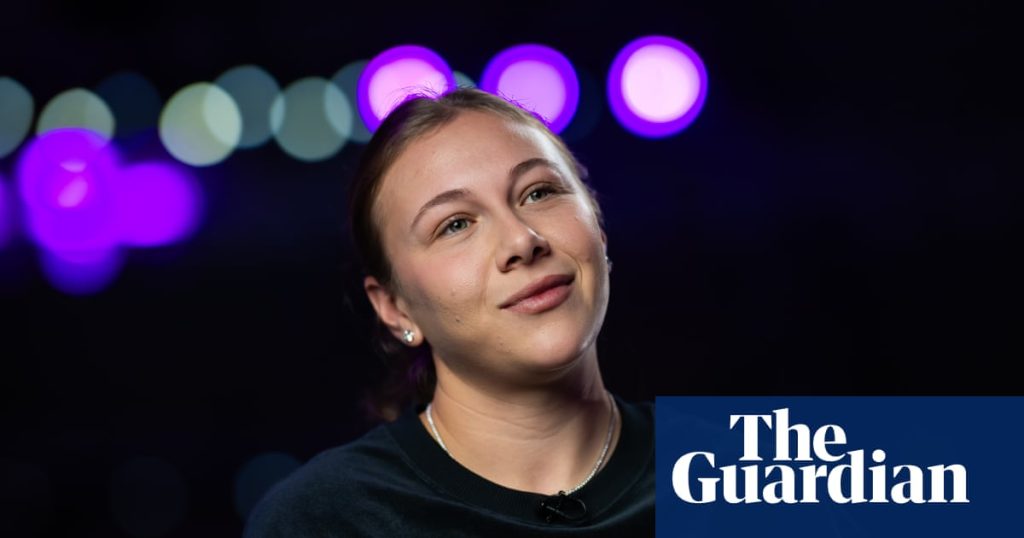Amanda Anisimova: Embracing Vulnerability in Tennis
Amanda Anisimova exudes a sense of calm and self-assuredness when she speaks. In a sport like tennis, where emotions can fluctuate dramatically, she has worked diligently to appreciate both the ups and downs while remaining true to herself.
A former teenage sensation who turned professional at 15 and reached the French Open semi-finals at just 17, Anisimova took an eight-month hiatus from the professional circuit in 2023, citing burnout and mental health concerns. This courageous choice came at a time when athletes are often urged to push through their challenges—a decision that has proven beneficial in many ways.
Today, she ranks No. 4 in the world and is making her debut at the WTA Finals after a stellar season, which included reaching the Wimbledon and US Open finals and securing two WTA 1000 titles. Reflecting on her 2025 season, Anisimova notes that her mental approach has been pivotal.
“The mindset I bring into tournaments and matches has been the most crucial aspect for me this year,” the 24-year-old American shared in an interview at the WTA Finals in Riyadh. “When I look back at a tournament, it reassures me that I’ve given my all and I take pride in how I’ve competed.”
Admired not only for her powerful first-strike game and impressive backhand but also for her candidness about vulnerability, Anisimova’s character was remarkably showcased during her 6-0, 6-0 loss to Iga Swiatek in the Wimbledon final. Despite the heartbreak, she delivered a heartfelt speech to the crowd, expressing gratitude to Swiatek, fans, and her mother, who had come to support her.
“I was incredibly impressed by her grace and composure in such a devastating situation,” remarked fellow player Madison Keys. Just 53 days after her loss, Anisimova faced Swiatek again and emerged victorious on her way to the US Open final. Although she didn’t win that match against Aryna Sabalenka, she bounced back by claiming the WTA 1000 title in Beijing shortly afterward.
Anisimova attributes her resilience to her life experiences, particularly the challenges she has faced at a young age, including the loss of her father shortly before her 18th birthday. She believes that drawing strength from these circumstances and being surrounded by strong women have shaped her mindset. “I strive to be the best athlete I can be,” she said, acknowledging her nerves during finals but emphasizing her efforts to manage burnout and maintain balance in her life.
Since returning to the tour, Anisimova has received numerous messages from fans relating to her journey, finding common ground through shared struggles. She hopes to convey that strength lies in vulnerability, advocating for authenticity and openness in her life as a professional tennis player.



